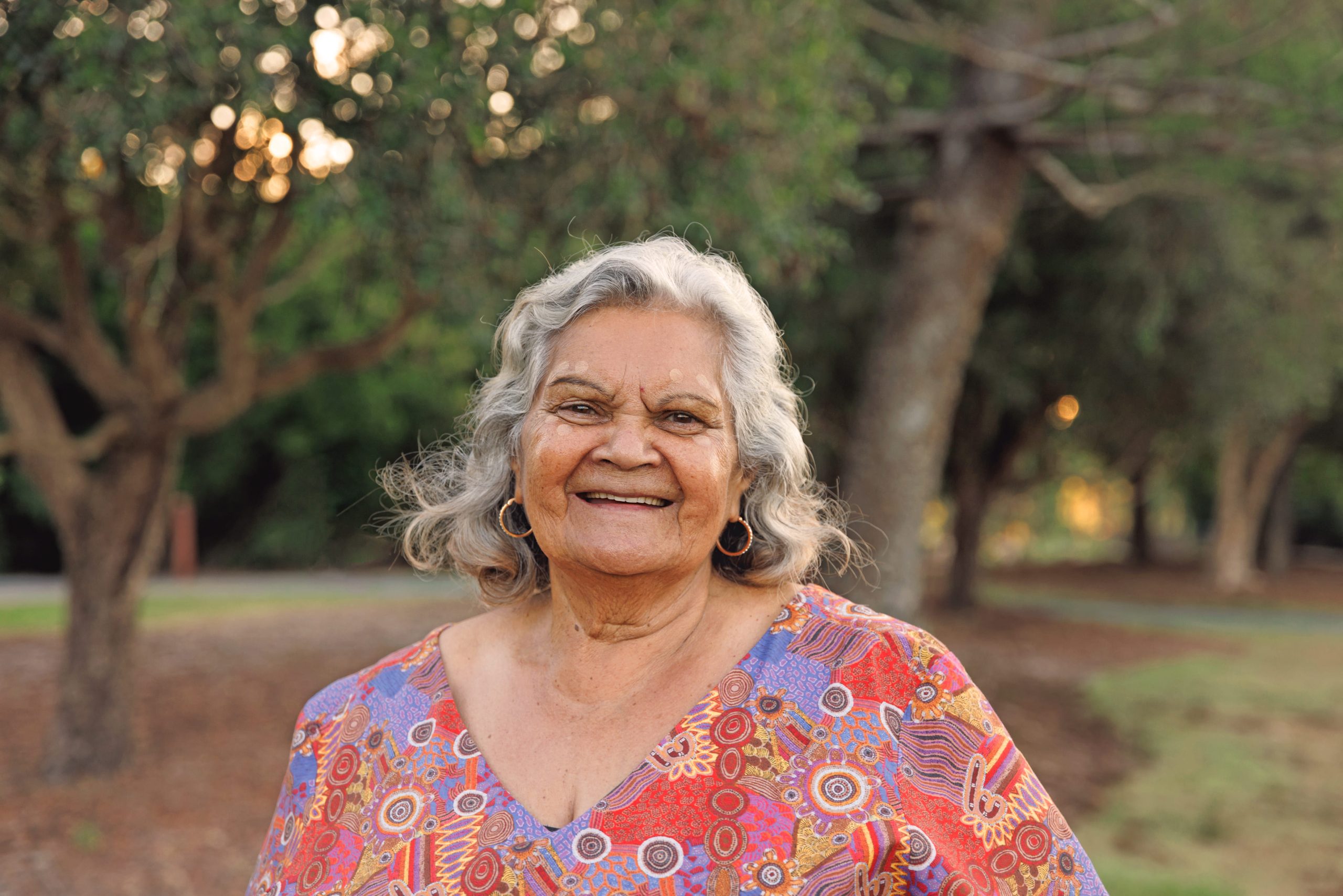What to Expect When Receiving In-Home Aged Care Supports
August 20, 2024
In-home aged care is a personalised support provided to elderly individuals who need assistance due to age-related issues, illnesses, or disabilities. Its main objective is to empower the elderly to live more independently at home by providing daily living support.
At Kirinari, our in-home aged care services can be divided into four broad categories, which are discussed in detail below.
In-Home Aged Care Services
The types of services offered under in-home aged care come in various forms. Through these services, elderly individuals are able to maintain their independence while living in their homes.
Personal Care
Our personal care services are designed to help you with daily tasks, such as cooking, eating, and getting ready for the day. We can also provide mobility assistance to help you get around your home.
Domestic Assistance
Our in-home aged care workers can also help you perform different household tasks like washing and ironing clothes or cleaning your home. Additionally, we can prepare your meals and carry out other tasks to help you get ready for the week ahead. Aside from household chores, our care workers can also help you carry out garden maintenance and to enable you to live more independently.
Meal Support
Aside from preparing your dishes, our meal support service aims to help you reach your nutritional goals so you can live a healthier lifestyle. This involves closely working with you to plan and cook culturally appropriate and healthy meals that suit your dietary requirements.
Respite Care
Our respite care services support your personal caregivers by giving them the opportunity to rest and take a break from their daily duties and responsibilities. During these breaks, which can be scheduled, our care workers will temporarily take over to provide much-needed support and care to their loved ones or clients.
Funding Options
Our in-home aged care services can be accessed through the funding support provided by different government-subsidised programs. These include the Home Care Packages (HCP), Commonwealth Home Support Programme (CHSP), and the Department of Veteran Affairs (DVA).
If you are unsure which funding option you can use to access our in-home aged care services, make sure to get in touch with us. A member of our team will evaluate your available options and help you understand which support program you can qualify for.
Please note that some of our services are not covered by the programs or funding options mentioned above. This means that these self-funded services may require direct payment from you.
If you or someone you know is in need of in-home aged care services, contact us to learn how we can help you access much-needed support. We can also provide other services (not listed above) to support you, please get in touch with us to talk about your personal circumstances.
For older individuals who are in need of intensive support to access aged care and other local services, our Carefinder service in Western NSW is designed to connect you with the services that you need. This service is supported by funding from Western NSW Primary Health Network through the Australian Government’s PHN Program.
Together, we’ll help you build a good life at home through our high-quality and professional human services.
Here are some other news articles that may interest you
For all media enquiries, please email:




